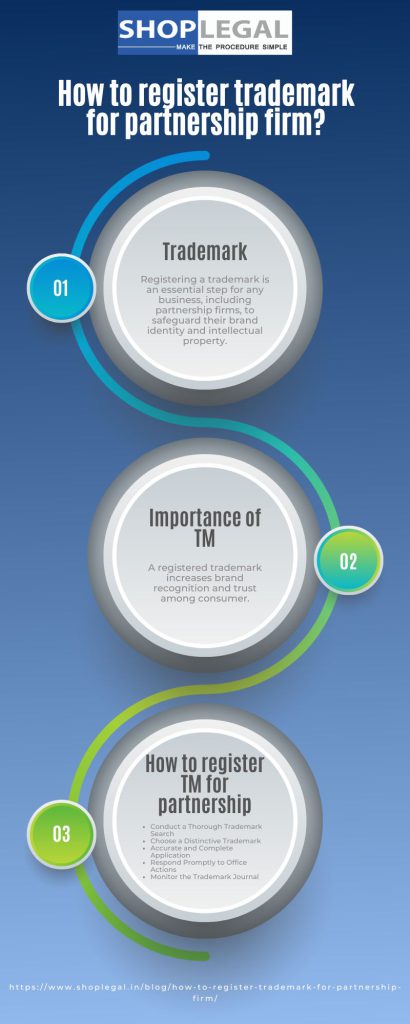Avoid the Deadline Rush: Optimize Your Tax Benefits with Shoplegal
TALK TO EXPERTSWhat is Tax?
A tax is a mandatory financial obligation imposed by the government on individuals, businesses, or other entities. Taxes are collected to fund government activities and public services such as infrastructure, healthcare, education, defense, and social services. When tax is paid on time, there are many tax benefits.
Benefits of Tax
Taxes provide numerous benefits at both the individual and societal levels. Key benefits include:
Funding Public Services and Infrastructure:
- Healthcare: Taxes fund public healthcare systems, hospitals, and medical research, ensuring access to medical services.
- Education: Public schools, universities, and educational programs are financed through taxes, providing access to education for all.
- Infrastructure: Taxes build and maintain roads, bridges, public transportation, and utilities, facilitating economic activity and improving quality of life.
Deadline
As we approach the end of the old tax regime, this year’s Income Tax Return (ITR) filing is more critical than ever. With the deadline of July 31st fast approaching, taxpayers who have not yet filed their returns risk losing the ability to claim crucial exemptions and deductions that helped reduce taxable income under the old system.
This transition marks a significant shift as the new tax regime will become the default from this year, excluding many of the previous benefits, potentially resulting in higher tax liabilities for those who are unprepared.
The shift to the new tax regime fundamentally changes the landscape for taxpayers, especially salaried individuals without business income who have relied on the old regime’s benefits. These benefits include various exemptions and deductions that can significantly lower taxable income. Failing to file the ITR before the July 31st deadline means being automatically shifted to the new tax regime, which lacks these critical tax-saving opportunities.
For many, the new tax regime may not be as beneficial. The old regime allowed for deductions under sections like 80C, 80D, and others, offering taxpayers numerous ways to save on taxes. Under the new regime, these deductions are no longer available, leading to a potentially higher tax burden. Therefore, for those who prefer the advantages of the old regime, timely filing is not just recommended but essential.
Consequence of Missing the Tax Filing Deadline
Missing the filing deadline has additional repercussions beyond the automatic switch to the new tax regime. The consequences include financial penalties and accruing interest on any outstanding tax amounts. Specifically, late filers will incur a penalty fee of up to Rs 5,000.

Additionally, any unpaid tax amount will incur an interest charge of 1% per month in accordance with Section 234A of the Income Tax Act. This means that the longer one delays, the more the financial burden increases, making it imperative to file the ITR on time.
The importance of timely filing cannot be overstated. The costs associated with delay are substantial, not only in terms of penalties and interest but also in the potential loss of tax benefits that many have come to rely on. Ensuring that your tax return is filed correctly and on time is crucial to maximizing your tax benefits and minimizing liabilities.
Why Choose Shoplegal?
Given the complexities involved in tax filing and the significant changes introduced by the new tax regime, professional guidance can be invaluable. This is where Shoplegal steps in.
Shoplegal provides expert guidance and timely service to ensure that your tax filings are compliant, optimized, and submitted before the deadline. Their expertise can help you navigate the transition smoothly, ensuring that you do not miss out on any benefits you are entitled to under the old regime.
Shoplegal comprehends the complexities of the tax system and the urgency of the approaching deadline. They offer comprehensive services that cater to the specific needs of salaried individuals, helping them leverage all possible exemptions and deductions available under the old regime. Their goal is to help you avoid extra costs and maximize your tax benefits.
By choosing Shoplegal for your tax filing needs, you can rest assured that your returns will be filed accurately and on time. This not only helps you avoid penalties and interest but also ensures that you are not forced into the new tax regime without the chance to take advantage of the old regime’s benefits one last time.
Transition of tax regime
The transition to the new tax regime marks a significant change in the way taxes are calculated and the benefits that can be claimed. For many taxpayers, this change may not be immediately beneficial. The old regime offered numerous deductions and exemptions that allowed for substantial tax savings, which are no longer available under the new system. Therefore, timely filing is critical to avoid being defaulted into the new regime and losing out on these savings.
Shoplegal’s services are designed to provide peace of mind and financial benefits. Their expert team stays updated with the latest tax laws and regulations, ensuring that your filings are compliant and optimized. They offer personalized advice tailored to your financial situation, helping you make the most of the old tax regime’s benefits before the transition.
In summary, the end of the old tax regime and the transition to the new one make this year’s ITR filing particularly important. Missing the July 31st deadline can lead to substantial financial consequences, such as increased tax liabilities, penalties, and accrued interest.
For salaried individuals who prefer the old regime’s benefits, timely filing is crucial. Shoplegal offers the expertise and timely service needed to ensure your tax filings are accurate, compliant, and submitted on time, helping you avoid extra costs and maximize your tax benefits.
Choose Shoplegal for your tax filing needs to ensure a smooth transition and optimal financial outcomes. Their expert guidance will help you navigate this significant change in the tax landscape, providing peace of mind and financial benefits. Don’t risk the financial costs of delay—act now and secure your tax benefits with Shoplegal.
Conclusion
In conclusion, taxes are essential for the functioning of modern societies, funding critical services, promoting economic stability and growth, and ensuring social welfare and equity. Despite being a financial burden, the benefits of taxes are manifold, contributing to the overall well-being and development of the community and the nation.













